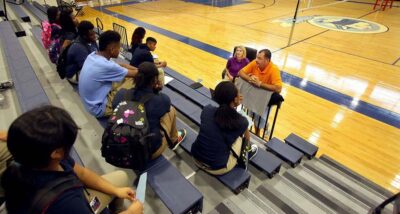Originally published Sept. 2, 2017 in the Post and Courier.
By Paul Bowers pbowers@postandcourier.com
Marlaine Black scoffed when her son broached the topic: “Virtual physical education.” How could that be a real thing?
“To me it was comical,” said Black, a Mount Pleasant resident.
But by the time her son Benjamin had completed the online PE course for high school credit this summer through VirtualSC, a free state-run program, she was sold on the idea.

For a self-motivated student like Benjamin, some argue that a self-paced online course can be just as effective as a traditional gym class.
With more than 2,000 South Carolina students enrolled in the 2015-16 school year, physical education has become one of the most popular courses offered through VirtualSC since the online program began in 2006.
Students clamored for the course this summer, and some ended up on a waiting list as the S.C. Department of Education employed two full-time teachers and eight adjuncts to teach the class.
Some local school districts, including in Horry and Greenville counties, have begun offering their own online PE courses to meet the growing demand.
Here’s how it works: Students read through a textbook and complete quizzes online following the same state academic standards as in a traditional gym class. A certified teacher administers each class of about 65 students and is available to answer questions and give guidance on personal fitness plans. Tuition for all VirtualSC classes is free.
Students must also find an adult to administer a battery of physical fitness tasks, at the beginning and end of the course.
“Students are able to do what they enjoy,” said Travis Scott, a PE teacher with VirtualSC who oversees classes from his home office in Loris.
“What I’m trying to do is to help students be active for a lifetime, to show them the importance of doing things,” he said. “In brick-and-mortar (gym classes), some kids just hated the things we would do, but in the virtual setting, students are given choices.”
Scott worked as a PE coach in schools across the state before coming to work at VirtualSC, and he’s glad to offer help to students who feel uncomfortable in a traditional gym class. He said a parent recently called to thank him because her daughter now asks to jog with her husband every day.
South Carolina isn’t the only state where virtual PE has gained popularity in the last decade.
In a 2013 graduate thesis completed at the University of South Florida, Leslie Michelle Williams acknowledged skepticism about the idea within the teaching profession but found that virtual PE “has been a viable option for some teachers in the U.S. and Canada.”
“This is becoming part of the new look of 21st-century physical education,” Williams wrote.
In a review of existing research, Williams found that some virtual PE students “prefer not to dress out at school and participate in physical activities around their peers.” Other students were high achievers getting their PE requirement out of the way at home to free up time in their school schedule for more Advanced Placement and college-credit courses.
Benjamin Black, a sophomore at Academic Magnet High School in North Charleston, said he took PE through VirtualSC to clear up space in his schedule.
He said it allowed him to take Latin and advanced math courses as a freshman at Wando High, and now he’s up to speed in the famously competitive environment at Magnet. His chosen physical activity was running, a hobby that he already enjoyed but that he gradually got better at over the course of the summer.
“One drawback was it seemed like I was the only one taking the class,” Black said. “I didn’t have any interaction with other people who took it. You kind of lose that team spirit of PE.”
A handful of students across South Carolina take virtual PE because it’s their only option. The newly opened Early College High School in Charleston County, for example, offers students the chance to earn an associate degree while attending classes on the campus of Trident Technical College — but there is no gym and no PE teacher, so every student will have to enroll in the VirtualSC PE course to complete their high school diploma requirement.
Horry County’s Early College High School has a similar arrangement, although students there have the option of taking PE via the local Horry County Virtual School. Like VirtualSC, the district-run virtual program offers supplemental courses but is not meant to replace a traditional school for students.
“Kids are different now. Some of them have to work to help support themselves in 11th and 12th grade,” said Edi Cox, executive director of online learning for Horry County Schools. “Our program has served kids all across the scale. We have students who struggle, at risk, up to students in the Scholars Academy in the top 1 percent in the district.”


